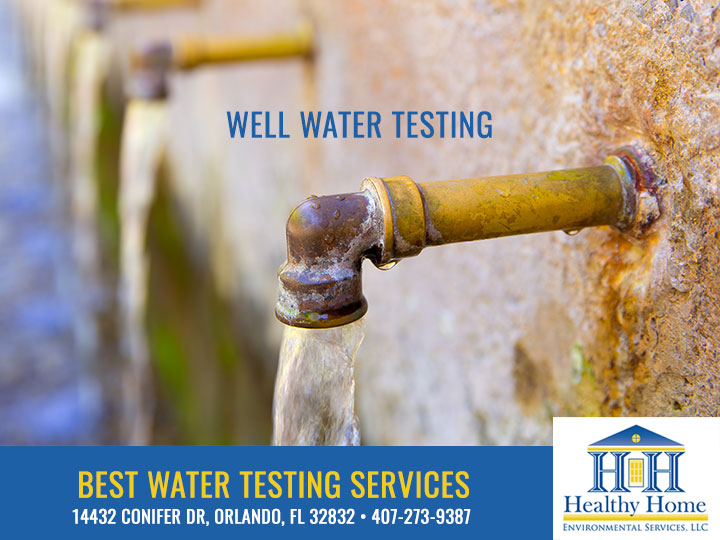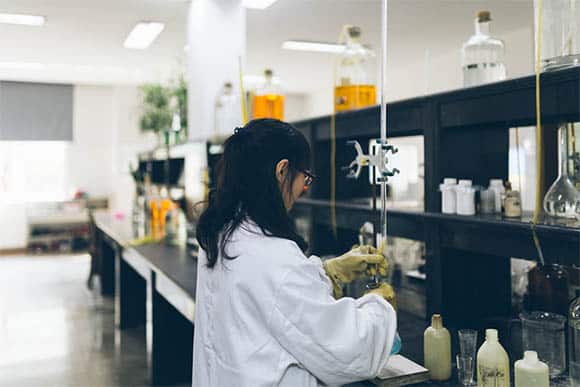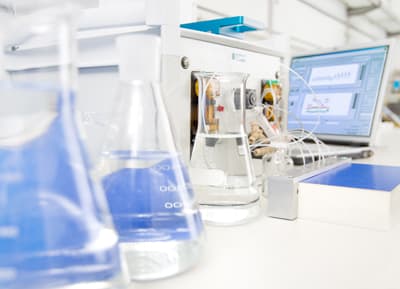Expert Water Testing Services Orlando: Safeguard Your Water Quality
Wiki Article
Learn How Water Testing Can Detect Pollutants and Protect Your Family members's Health
Recognizing the value of water testing is important for protecting your family members's wellness, as our water supply can nurture unseen threats. From germs to hefty steels, contaminants position severe risks, typically undetected without correct analysis. By discovering the technicians of water testing, one can uncover the unseen dangers prowling in seemingly excellent water sources. Yet, how do you identify which tests are required for your house, and what actions should be taken once potential hazards are revealed? As we navigate these inquiries, the path to making sure water safety and security and a healthier living environment ends up being more clear.Relevance of Water Checking
Acknowledging the vital role water plays in sustaining life, the value of water testing can not be overemphasized. Making sure that water is free from damaging compounds is crucial for keeping healthy and balanced areas and environments. Water Testing Services Near Me.Water screening acts as an aggressive measure to recognize prospective threats that might jeopardize water high quality. With systematic evaluation, it helps discover physical, chemical, and biological criteria that could position dangers to human wellness. Routine testing permits for the very early detection of concerns, assisting in prompt interventions to avoid widespread contamination and associated health troubles.
In addition, water testing supports governing compliance, making sure that water suppliers satisfy well established safety criteria and standards set by governmental authorities. It cultivates transparency and responsibility, developing public rely on the water supply system. Screening provides valuable data that educates water administration methods, enabling sustainable use and conservation of this precious resource.
Essentially, water screening is an indispensable tool that safeguards public health and wellness, guarantees governing adherence, and advertises the lasting administration of water resources. Its importance in protecting both individuals and neighborhoods can not be undervalued.
Common Water Contaminants
Amongst the different components that can jeopardize water high quality, usual water pollutants include an array of physical, chemical, and organic materials that posture significant dangers to human health and the environment. Physical pollutants often include debris or organic materials suspended in water, which can influence clarity and preference.Organic impurities, mainly germs, infections, and protozoa, occur from animal and human waste entering water supply. Pathogens such as E. coli, Giardia, and Cryptosporidium are notorious for triggering gastrointestinal health problems and can be especially hazardous to kids, the elderly, and those with jeopardized body immune systems. Nitrates and nitrites, typically stemming from plant foods, posture one more health danger, specifically to babies, possibly causing problems like methemoglobinemia or "blue baby disorder."
Additionally, arising pollutants, including drugs and individual care items, have elevated issues because of their persistence and unknown long-term impacts. Recognizing these pollutants is vital for implementing reliable water treatment strategies and guaranteeing secure alcohol consumption water.
How Water Testing Functions
Recognizing the range of impurities in water emphasizes the relevance of reliable screening approaches to safeguard public health. Water screening is a methodical process developed to recognize and quantify numerous contaminations that could present dangers to human health.As soon as samples are collected, they undertake research laboratory analysis utilizing various strategies. Chemical testing typically involves spectrometry or chromatography, both of which can recognize and determine certain chemical compounds. For microbiological screening, approaches such as membrane filtering or enzyme substrate tests are made use of to detect pathogenic bacteria. In addition, physical characteristics like turbidity, shade, and ph are assessed to provide understanding into the total high quality of the water.
The precise approaches used in water screening depend on the details contaminants of concern and the water's intended usage. By consistently applying these rigorous screening methods, researchers and public health authorities can guarantee the safety and quality of water, consequently safeguarding communities from prospective health and wellness threats.
Water Testing Service
Picking the Right Test
The very first action is evaluating the water resource-- be it community, well, or surface area water-- as each has unique risks. Local water might need testing for disinfectant results, while well water may require screening for nitrates, bacteria, and heavy metals.Next, think about ecological factors and current occasions. Nearby farming tasks could necessitate screening for chemicals and herbicides, whereas commercial zones could need look for chemical contaminants. In addition, any kind of adjustments in water odor, appearance, or taste should trigger details screening for typical pollutants like lead, chlorine, or biological pathogens.
Specialist water screening services provide thorough packages that target a variety of potential contaminants. These sets frequently straighten with standards established by the Environmental Protection Firm (EPA) or neighborhood health and wellness departments. For a much more customized method, speaking with a water top quality specialist can provide insights right into which particular tests are required based on local concerns and individual health needs, making sure the defense of your home's well-being.

Preserving Water Safety

Along with testing, proper maintenance of water supply plays an essential role. This consists of servicing and evaluating plumbing systems, tank, and septic tanks to avoid leaks or backflow that might introduce contaminants - Water Testing Services Near Me. Employing water filtration systems developed to resolve certain local concerns can additionally safeguard versus contaminations, giving an added layer of defense
Public understanding and education are equally essential in preserving water safety and security. Areas ought to be educated regarding possible dangers related to regional water sources and the essential actions to reduce them. Motivating public engagement in water safety and security campaigns promotes a collective responsibility that boosts overall efficiency.
Eventually, an extensive approach that incorporates routine testing, system maintenance, and community involvement is essential in guarding water quality. By doing so, families can be assured of tidy and risk-free water, shielding their wellness and health.

Conclusion
Routine water screening is essential for determining impurities such as microorganisms, hefty steels, and chemicals that pose health dangers. By assessing water samples, hidden hazards can be identified, guaranteeing the stipulation of safe alcohol consumption water.Recognizing the relevance of water testing is vital for safeguarding your family members's health, as our water supply can nurture hidden dangers.Water screening serves as a proactive action to determine possible hazards that may jeopardize water top quality.In addition, water testing supports regulative conformity, ensuring that water providers meet well-known safety and security standards and guidelines established by governmental authorities. Community water might need testing for disinfectant byproducts, while well water might need testing for nitrates, germs, and hefty metals.
Routine water screening is a vital element in keeping the quality of water resources, allowing timely treatments before contaminants reach harmful levels.
Report this wiki page